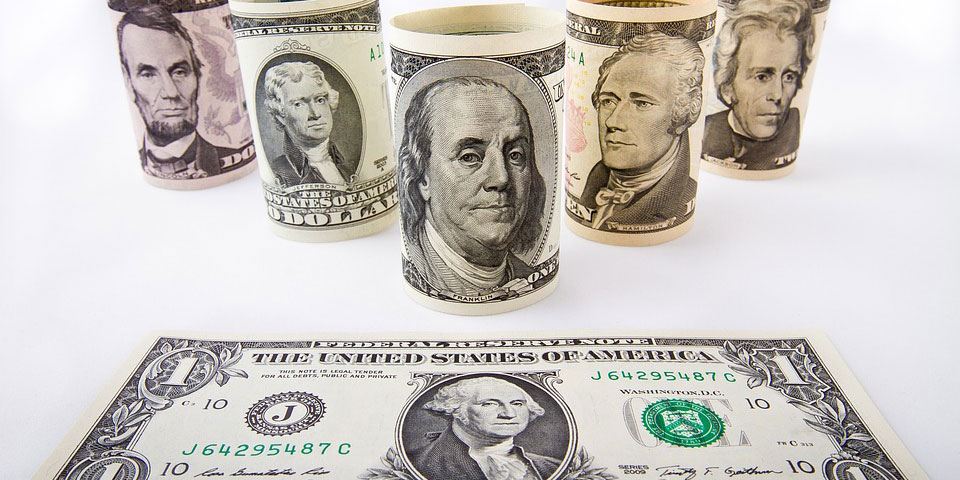5 Strategies that Can Help Prevent You from Going into Bankruptcy
If you feel you’re at the end of your rope financially, you might think the only option you have is to declare bankruptcy.
It’s a scary option for many Americans. Dave Ramsey, the finance expert most of us have heard on the radio, says bankruptcy is on the list of some of the worst life-altering events we can face, right up there with divorce, the loss of a loved one, and getting sick.
Every year, close to a million Americas file for bankruptcy for a variety of reasons, like debt that got out of control or an unforeseen event that the individual wasn’t prepared for. Medical bills, for example, are often one of the major problems Americans face that often lead to bankruptcy.
Here’s the thing about bankruptcy: it’s not the end of the world. Life will be tough for a while, as your credit will have a huge black mark on it, but there’s no reason to fear it. There are strategies you can try to prevent bankruptcy from happening and ease the burden you currently feel.
Let’s look at five things you can try:
1) Debt Settlement/Consolidation Negotiation
Here’s one of the best things you can do to get rid of your debt. Your debtors and collectors want their money. They’re often willing to negotiate with you if it means they get paid back what is owed.
If you have more than one debt, you can consolidate those debts into one payment with lower interest. You can enter a debt settlement with your creditors that ultimately lowers what you owe and can reduce the repayment schedule to something more manageable.
Ultimately, these debts allow you to take charge of your debts and Financial Helpers is here to help you do just that. We love to help people get out of debt and have successfully negotiated with debtors to consolidate debt, lower payments, and even reduce the overall amount due.
To find out what your options are and to see how we can help, please give us a call at the number below.
2) Sell Property
This is a difficult step, but it can help you prevent bankruptcy. Bankruptcy doesn’t just clear away your debts as some people believe. All your property and belongings go up for review. The trustee in charge will decide what they want to liquidate to settle your claim.
Either way, it’s time to cut back on assets. If you can avoid bankruptcy by parting with stuff, do it. It’s time to make better financial decisions. Get rid of that second car. Sell the valuable antiques. An appraiser can help you figure out the value of your belongings. With bankruptcy, you’ll have much less control over what they decide to take to settle the debt.
3) Don’t Be Afraid to Ask for Help
Sometimes in life, we have to swallow our pride and ask for help. A sibling, parent, and close friends will want to help you get out from underneath this burden. There are other options as well, such as starting a GoFundMe and sharing it on social media. This is no time to let fear get in the way of something that can help you get closer to financial freedom.
Just be honest. People who love you will want to help. Most of us go though difficult struggles and loved ones are always there to help each other endure them.
4) Restructure Your Mortgage
One of your biggest expenditures is your mortgage. By restructuring it, you can save a lot of money you can then apply to the rest of your debt. It also makes your monthly payments cheaper, so if you’re at risk for having your home foreclosed upon, this might be a great way to prevent that from happening.
You can also choose to refinance your mortgage, which means lower payments, but extended out longer. This will save you a bit of money on the front end. Once you pay your debts down, you can start making higher payments on the mortgage later to get back to where you were.
5) Make Sacrifices
This is the toughest option of all, but you’re going to have to do it if you want to survive without going it bankruptcy. Take a good look at your budget and see what you can get rid of. Again, do you need that second car? Can you carpool or take public transportation? Can you get rides from a coworker for a while?
Instead of eating out a lot, save money by cooking your own meals. Lower your cable package or cut cable altogether. Consider not spending money on a family vacation and instead, apply it towards your debt. If you can save money, do it! It’s a short-term sacrifice for big time results.


